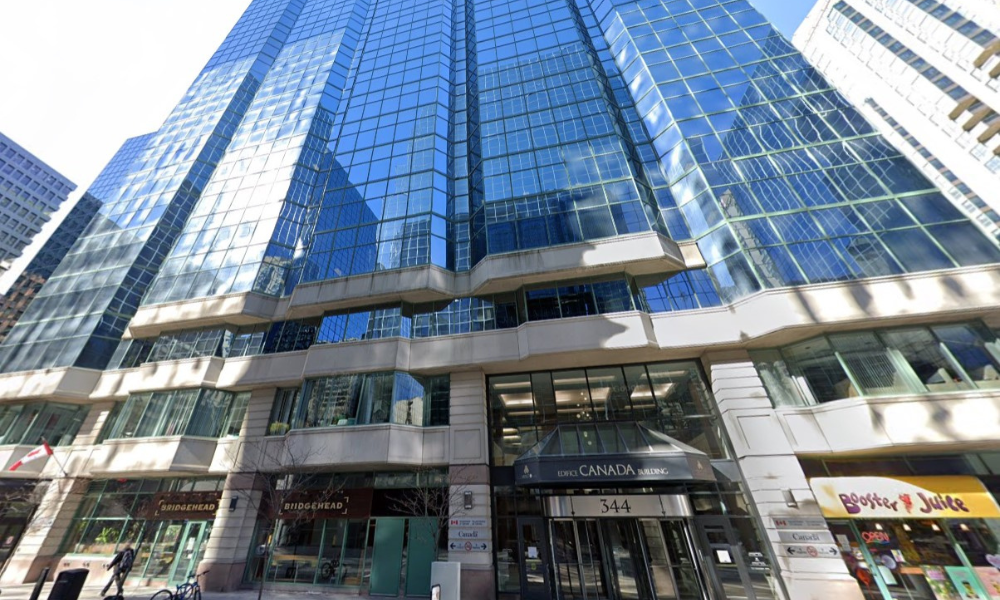
Government body must 'look inwards and reform its approach,' says association

The government body that was supposed to protect workers from discrimination has, itself, discriminated against its own Black and racialized workers.
That’s according to the Treasury Board Secretariat (TBS) in a recent decision regarding the Canadian Human Rights Commission (CHRC).
The decision found that discrimination and systemic racism occurred and has invited the parties involved to engage in mediation to seek a meaningful resolution, said the Association of Justice Counsel (AJC), which represents government lawyers.
“As we have maintained from the onset of this matter, the CHRC has an important leadership role to play in setting the standards for eliminating systemic racism, as an organization that is mandated to protect all Canadians against discrimination,” it said.
“If the CHRC is to maintain the trust and confidence of Canadians to protect them from systemic racism, then it must first look inwards and reform its approach in addition to its internal practices. Prevention is essential.”
In January, the New Brunswick Human Rights Commission published guidelines on age discrimination.
The TBS came to the conclusion after investigating policy grievances filed by the AJC and other bargaining agents in October 2020. The legal claim alleged “Black and racialized people working at the Commission continue to experience the adverse impact of policies, procedures, practices and attitudes that serve as barriers to their advancement, health, safety, and overall wellbeing”.
In September 2021, the AJC along with other bargaining agents, wrote to the Auditor General and federal parliamentarians about their concerns, suggesting that an audit of the CHRC could help the institution regain the trust of Black and racialized Canadians.
On March 6, 2023, the TBS rendered its decision on the grievance, stating, “The CHRC has breached the ‘No Discrimination’ clause of the LP collective agreement between the Treasury Board and AJC, namely, article 36.”
Art. 36.01 of the agreement reads: “There shall be no discrimination, interference, restriction, coercion, harassment, intimidation, or any disciplinary action exercised or practiced with respect to a lawyer by reason of age, race, creed, colour, national or ethnic origin, religious affiliation, sex, sexual orientation, gender identity and gender expression, family status, mental or physical disability, membership or activity in the Association, marital status or a conviction for which a pardon has been granted.”
Previously, Assembly of First Nations (AFN) national chief RoseAnne Archibald cried foul about the investigation into her alleged bullying and harassment.
In 2020, the CHRC issued a statement in support of Black Lives Matter. In response, Black and racialized employees provided the CHRC with a list of recommended actions to address the CHRC complaints process, practices and operations. They also provided details about shared Black and racialized employees’ experiences.
The workers also shared these with their unions.
Now, the CHRC must change its ways, said the AJC and “regain the trust not only of Black and racialized Canadians, but all Canadians.”
Holding the wrongdoers responsible for workplace discrimination by taking appropriate action is necessary for companies to fulfill their responsibility in creating a safe and inclusive workplace environment, according to a previous HRD report.